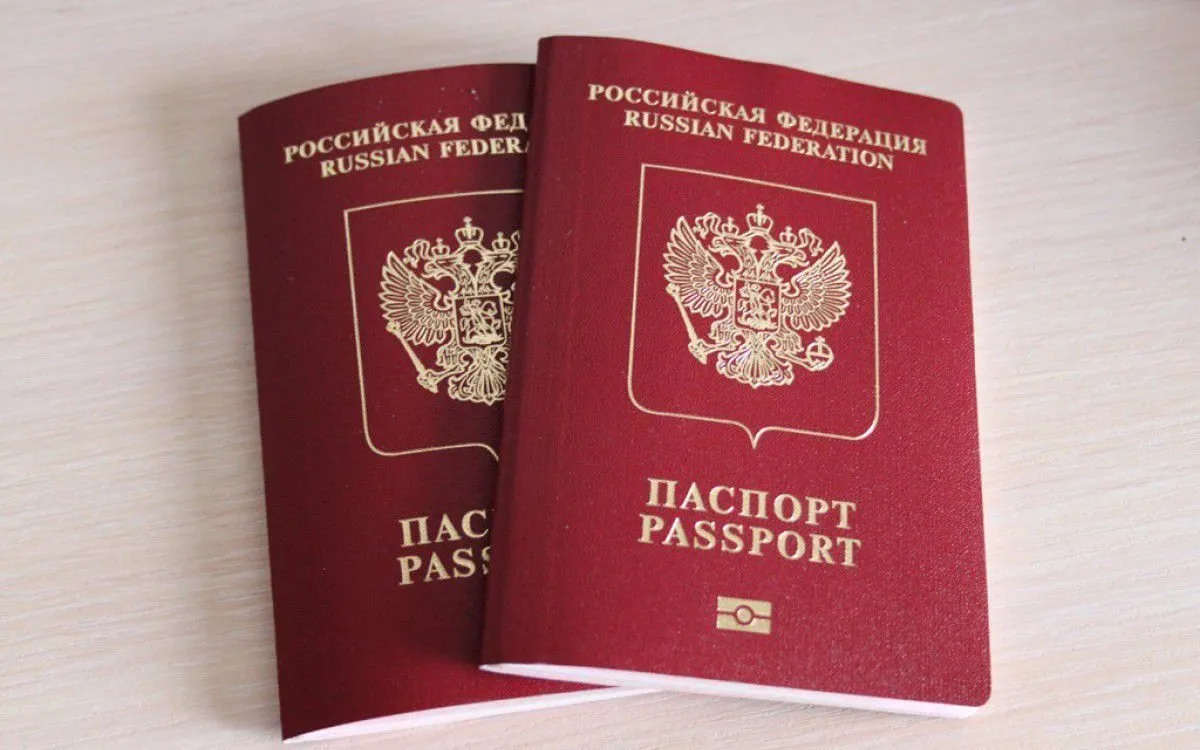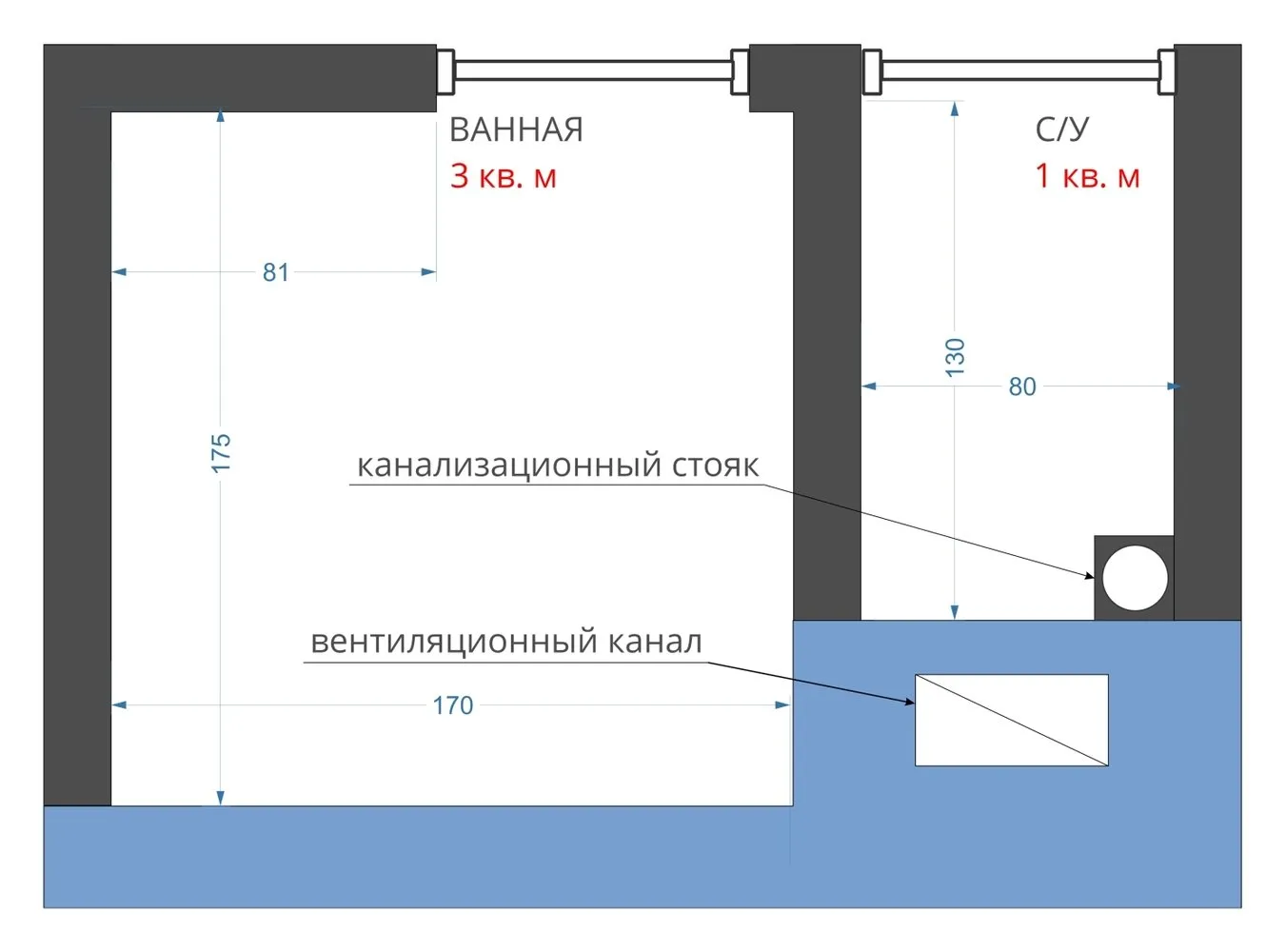You Need to Know: 5 Signs That a Realtor Is a Scammer
Real estate business has always attracted fraudsters, but today the risk of falling victim to an unscrupulous realtor, losing money and square meters is particularly high. Our expert Maria Litinetskaya lists the signs by which you can identify a scam realtor.
Maria Litinetskaya, Managing Partner of "Metrium Group", a real estate and consulting company operating in the Moscow region and St. Petersburg residential property market.
1. Suspiciously Low Commission or No Commission
The secondary real estate market continues to be in crisis. The number of deals is declining, and competition among realtors is increasing. In 2012–2014, brokers used to receive 3–3.5% of the commission, but now it is 1.5–2.5% of the contract amount. Sometimes a realtor asks for less than 1% for handling a deal. However, don't forget about the "free cheese" in the mouse trap. There is a risk that you will end up paying much more.
Typical situation: The broker agrees to find you an apartment for a nominal fee. Once they find a suitable option, the realtor asks the owner to raise the apartment price, receiving this markup as payment. Only then does the fraudster agree to show the apartment to the client. In the end, the scammer gets a commission from both the buyer and the seller in the form of an additional markup.
How to prevent it: Even though a realtor is involved in the deal, both the buyer and seller should meet during negotiations to discuss prices directly. Don't let the realtor "divide and conquer," or else you might inadvertently give him extra income. At your own expense.
2. Request to Provide Original Passport
Typical situation: One of the most widespread tricks used by "black realtors" is selling apartments through front people. These scams often involve pensioners who themselves hand over their passports to fraudsters, allegedly for signing a contract.
The broker finds someone who looks like the owner, goes with him to a notary, and signs a general power of attorney in their own name. Then, using the obtained document, the fraudster sells the property and takes the money for himself. The owner later discovers that strangers are living in their apartment.
Since July 15, 2016, a certificate of state registration of rights to real estate is no longer required for the purchase-sale transaction. Ownership of property is now confirmed only by a certificate from the EGRN, which makes it easier for fraudsters to commit their crimes.
How to prevent it: When working with a realtor, only provide a copy of your passport. Don’t keep the document in a visible place: you might not notice its disappearance, and it only takes a few hours to get a general power of attorney.

3. Incompetent Sellers
Typical situation: The story of a Moscow pensioner who sold his apartment three times (to different people) and canceled the purchase agreements through court three times, returning only 70% of the amount to each buyer, has already become a legend. The realtor colluded with the pensioner to find buyers and sold them the property. However, after the grandfather filed a lawsuit, demanding cancellation of the deal.
Paradoxically, each time the court ruled in his favor, as from a legal standpoint, our enterprising pensioner had medical grounds to be declared legally incompetent for making deals. In the end, the victims agreed to receive a partial refund, as it was the best option compared to losing everything—apartment and money.
How to prevent it: When buying property from a seller over 60, ask for a certificate from a psychiatric dispensary. If you get a refusal, they might have something to hide. If the realtor insists on a specific apartment and tries to convince you, there’s a high chance that the broker and seller are in a criminal conspiracy.

4. Excessive Friendliness of the Realtor
Most realtors by nature are excellent psychologists who know how to make clients feel comfortable. The fact that a broker behaves politely and even friendlily is completely normal. However, it's important to filter the topics of discussion to prevent a situation where professional communication turns into personal.
Unfortunately, even adult, independent individuals often fall under the spell of a realtor and later don't understand how they “fell for the hook.”
How to prevent it: If a realtor is not a scammer, he has no reason to be friendly with you. As the saying goes, friendship based on business is better than business built on friendship. Therefore, keep your distance!
5. Address Mistake
Typical situation: A realtor wants to sell a “killed” two-bedroom apartment at the address: 3rd Str. of Builders, house 25, building 1, at a price higher than the average market rate. To do this, he rents a similar “two-bedroom” apartment (with design finishing) in a neighboring house (3rd Str. of Builders, house 25, building 2) and puts up the correct address on the door and shows it to clients, making a markup of 1.5–2 million rubles for the renovation.
Sometimes realtors even change the address sign on the building to ensure the client doesn’t notice the scam. To be safe, the realtor meets the client not at the property but earlier—e.g., at the metro or even drives them there.
As a result, the victim ends up owning an old apartment requiring serious investment, at the price of a well-furnished one.
How to prevent it: Check the address in advance and verify it on a map. Study the location of the building in relation to other buildings, schools, and infrastructure objects. You can also visit the object yourself before the meeting to find the correct building—it will serve as a safeguard if the realtor tries to show you the wrong one.
via GIPHY
Who Is at Risk?
Based on the observations of experts from "Metrium Group", three categories of clients are most vulnerable to being scammed by fraud realtors.
1. Elderly People, Incompetent Citizens. These individuals are often legally less competent due to their age.
2. Cultural, Scientific and Artistic Professionals. People in creative professions can be considered dreamers by nature. The lack of pragmatism in life decisions often makes them victims.
3. Businessmen from Regions. Strangely enough, entrepreneurs from other cities often become the “target” for Moscow realtors who are scammers. The reason lies in a different mentality. In the provinces, business relationships are often built on trust, where everyone knows each other and the idea of cheating a “fellow partner” is rarely acceptable.

Need a renovation specialist?
Find verified professionals for any repair or construction job. Post your request and get offers from local experts.
You may also like
More articles:
 Only Not Tile: 9 Ideas for Kitchen Backsplash
Only Not Tile: 9 Ideas for Kitchen Backsplash 4 Layout Options for Bathroom in a 'Khrushchyovka'
4 Layout Options for Bathroom in a 'Khrushchyovka' In Which Apartments Will We Live in 15 Years: Professionals' Opinion
In Which Apartments Will We Live in 15 Years: Professionals' Opinion How to Create a Scandinavian Interior: A Professional Recipe
How to Create a Scandinavian Interior: A Professional Recipe How to Arrange a Balcony: 9 Inspiring Examples
How to Arrange a Balcony: 9 Inspiring Examples 14 New Life Hacks for Your Kitchen
14 New Life Hacks for Your Kitchen How to Arrange a Studio Apartment for a Family with a Child: 3 Layout Ideas
How to Arrange a Studio Apartment for a Family with a Child: 3 Layout Ideas 14 Facts About Narcissus That Every Flower Lover Should Know
14 Facts About Narcissus That Every Flower Lover Should Know